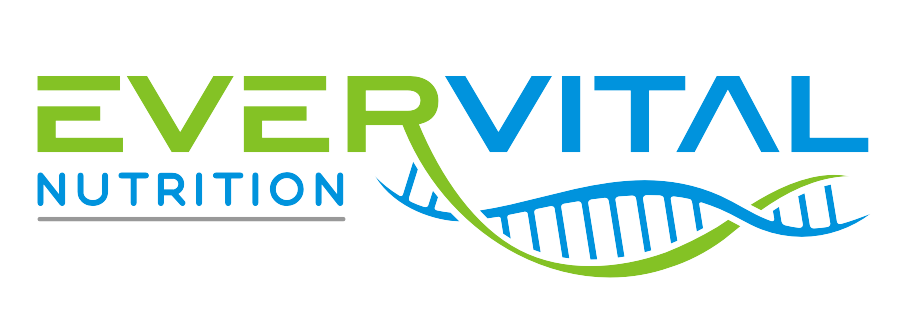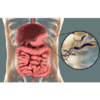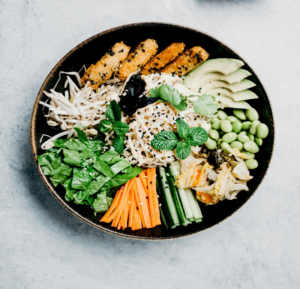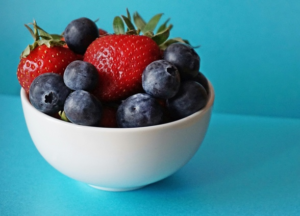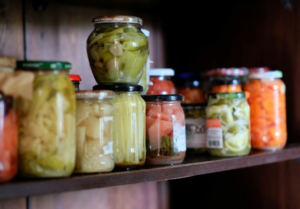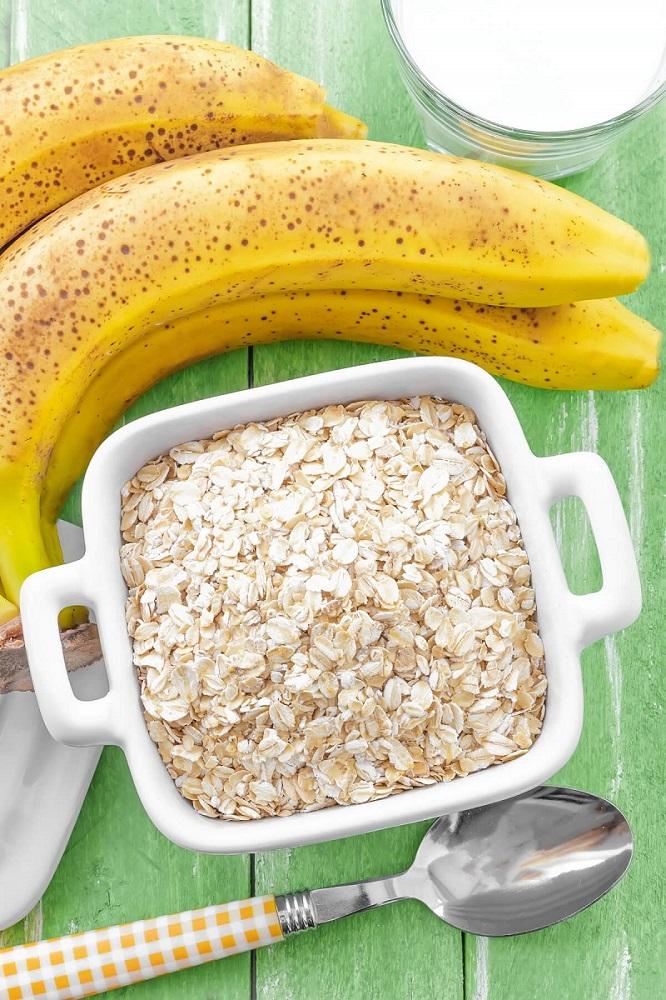
Reflux, that burning feeling that many people have, can be caused by a number of issues: smoking, eating certain foods, certain medications, structural issues like a hiatal hernia, and gut health. Your gut health impacts your entire body in some serious ways, including whether you suffer from acid reflux or indigestion. Eating a gut-friendly diet can greatly reduce your chances for this, but it’s not just about your diet and lifestyle factors… your gut bacteria matter too.
Here are some ways your stomach acid levels determine whether you’re dealing with acid reflux or not.
What is “Normal” Stomach Acid?
Optimal stomach acid clocks in at a pH between 1.5 and 3.5. That’s really acidic and we want it that way. When people experience acid reflux or have been diagnosed with gastroesophageal reflux disease (GERD), often they are advised to block or reduce that acid with the use of proton-pump inhibitors (PPIs). But this can actually lead to chronic medicine-induced hypochlorhydria, or insufficient stomach acid.
See, the theory is that acid reflux is caused by too MUCH stomach acid, but actually, many people experience acid reflux from too LITTLE stomach acid. When stomach acid is insufficient, pressure can open the lower esophageal sphincter, allowing stomach acid to be pushed up into the esophagus. And… burning happens.
Symptoms of Acid Reflux
Acid reflux produces some uncomfortable symptoms. The most common complaint from people with reflux or GERD is indigestion or burning pain in the chest that occurs after eating and worsens when lying down. People also experience burping, nausea, and regurgitation. Sounds fun, right?
And guess what? These symptoms are pretty similar to those of some of the most common bacterial overgrowths. Like my good friend, H. pylori. Yep. Your reflux may actually be caused by bacteria, and once you kill those bacteria, poof… your reflux is gone.
Foods That Neutralize Stomach Acid
People that are long-term sufferers of acid reflux will do anything to make it stop. Sleeping in a recliner to attempt to keep that acid down in the stomach where it belongs is the norm. Can you imagine the horrible quality of sleep that you’d get sleeping in a chair night after night?
If you want to neutralize your stomach acid to take the burn down a notch, here are some foods that can help.
- Bananas – They are a low acid fruit that can help reduce the pain by coating the esophageal lining. Bananas also contain pectin, a type of soluble fiber that helps keep the GI system moving well. Double win.
- Ginger – Another alkaline food that can help calm down the burn, ginger is also anti-inflammatory. Ginger tea and ginger root are great sources.
- Milk and Dairy – As long as you tolerate dairy products, milk and yogurt can help coat the irritated esophageal lining and provide probiotics that can promote healthy gut bacteria balance.
- Oatmeal – Although it can really spike your blood sugar, when your gut is burning, oatmeal can help calm things down. Oats can absorb stomach acid, so they’re a decent choice for reducing symptoms of gastroesophageal reflux disease (GERD). Note that if your reflux is due to overgrown bacteria such as H. pylori, which is very common, oats will help to promote the growth of that bacteria. If you know you have H. pylori present, skip the oats.
Foods to Avoid
Triggers for reflux are many and can include: exercise, being overweight, smoking, overeating, lying down soon after a meal, and more. Although everyone responds to food differently, there are certain foods that can trigger reflux or turn up that fire.
If you want to cut down on the number of reflux episodes you experience, here are some foods that are common reflux triggers.
- Fatty foods
- Minty foods
- Spicy foods
- Tomatoes
- Onions
- Garlic
- Citrus fruit and other acidic foods
- Chocolate (!)
- Alcohol
Gut Microbiome and Acid Reflux
The bacteria that live in your gut have incredible influence on how you feel all over your body. It may not feel like it, but your gut affects your brain health, your skin health, your immune system, and, of course, your digestive system.
Several organisms can create the perfect environment for stomach acid to be affected, which can lead to reflux or the diagnosis of GERD. These organisms actually neutralize stomach acid, which leads to a condition of insufficient stomach acid and allows harmful organisms to overgrow. Candida and Pseudomonas often cause reflux. But, by far, the biggest pain in your gut, reflux-causing organism is H. pylori.
H. pylori is corkscrew-shaped bacteria that screws itself into the mucus layer of the stomach lining and duodenum and then… and it multiplies like rabbits.
These bacteria secrete an enzyme called urease that converts urea to ammonia… and this ammonia protects H. pylori from stomach acid by actually increasing the pH of your gut so that it’s less acidic. Since this acidity is beneficial in keeping harmful pathogens at bay, we want that acid to stay… acidic.
As H. pylori multiplies, it eats into your stomach tissue, which leads to gastritis and/or peptic ulcers. No bueno. Let’s fix it!
Want to know if your chronic reflux is due to overgrown gut bacteria? It’s easy to test and easy to fix. Contact EverVital Nutrition and let’s get you back to your bed.

